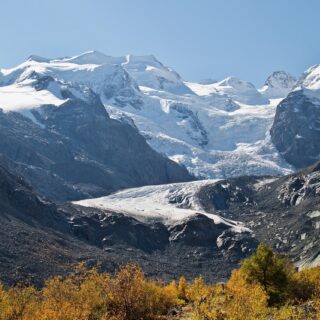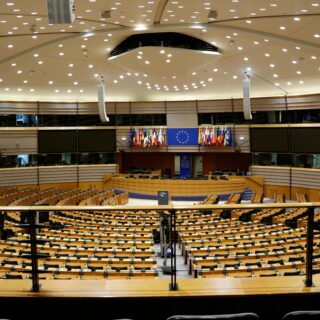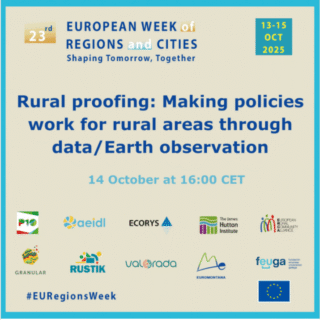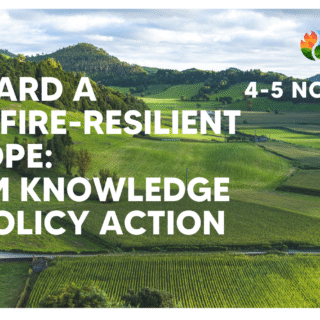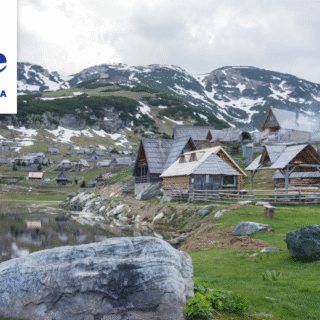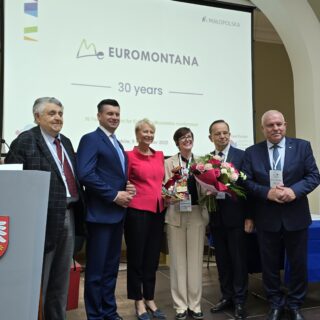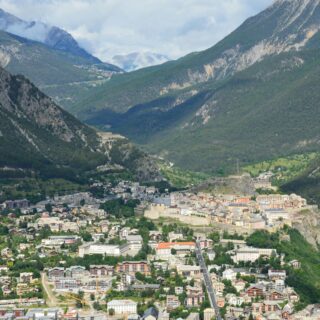The report reiterates that the greatest challenges for Europe's environment are biodiversity loss and ecosystem degradation, as well as adapting to accelerating climate change, all of which are particularly acute challenges for mountain areas.
All posts by Valentine Neirinck
Parliament outlines priorities as CAP enters uncertain territory
The European Parliament adopted its report on the future Common Agricultural Policy on 10 September, setting out its post-2027 vision for EU food and farming policies
Rural proofing: Making policies work for rural areas through data/Earth observation
Join us for a session on Rural proofing: making policies work for rural areas using data & Earth observation during the European Week of Regions and Cities.
Toward a wildfire-resilient Europe: from knowledge to policy action
Join us for this landmark event bringing together leading voices in wildfire resilience, from civil protection agencies and scientists to community leaders, policymakers, and innovators.
Finding the right tools and solutions for adaptation in mountains
This session aims to present two digital knowledge platforms designed to support climate change adaptation in mountain areas: the MountResilience Solutions Database and the Adaptation at Altitude Solutions Portal.
Euromontana at 30: Krakow Declaration renewed as network looks to the future
Thirty years after its creation in Krakow, Euromontana returned to its birthplace to celebrate three decades of action for mountain areas, and to renew its commitment for the future of European mountains.
Meeting the challenge of generational renewal in mountain agriculture: our position paper is out!
As the European Commission is preparing in 2025 a Strategy to boost generational renewal in the agricultural sector, Euromontana just released its position paper on how to meet the challenge of generational renewal in mountain agriculture.
Towards a European Mountain Pact? Auvergne-Rhône-Alpes leads the way
The French executive is backing the European Mountain Pact, which aims to keep mountain areas dynamic and vibrant, by ensuring that the specific characteristics of mountain areas are recognised in European policies, in all key sectors such as European funds, tourism, energy transition, etc.
30 Years of Action for European Mountains Conference
Find all the materials from the anniversary event of Euromontana in Krakow.
Latest news
- Rethinking rural prosperity: Euromontana contributes to new ESPON publication on “Thriving beyond numbers”
- Euromontana supports a new European manifesto for the governance of glaciers and connected resources
- The Autonomous Province of Trento joins Euromontana !
- New 2013–2023 study highlights the twin challenges of generational renewal and climate change in the Alps
- Third Forum with European pastoral schools: Shepherding Futures
